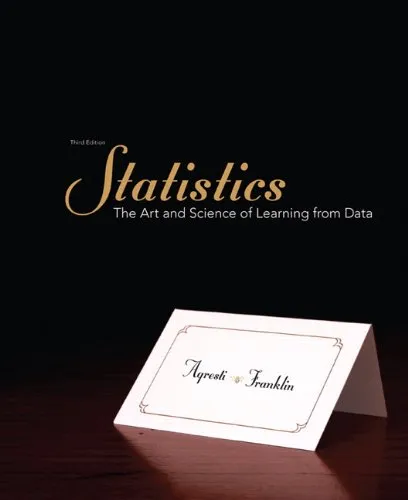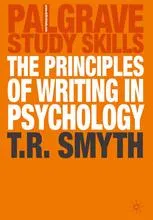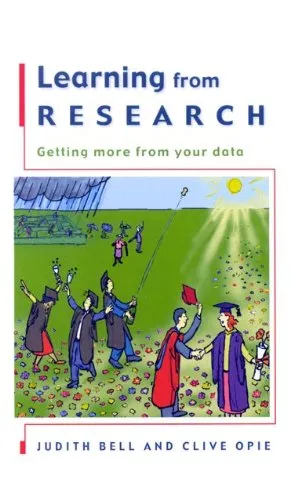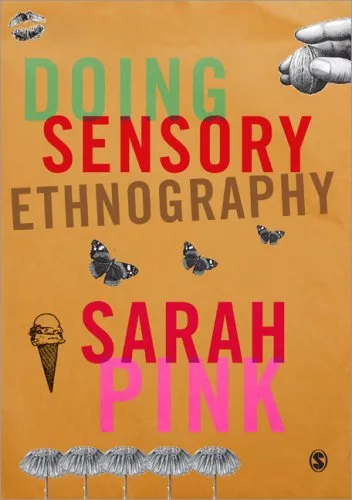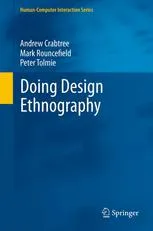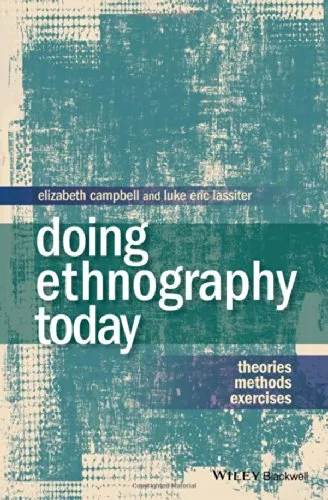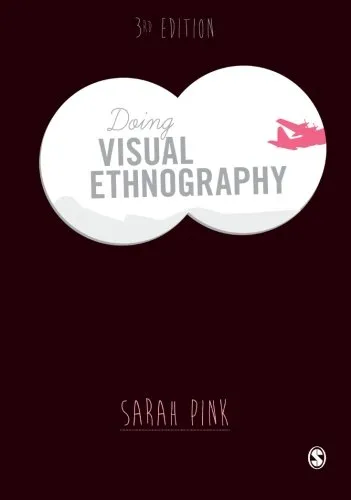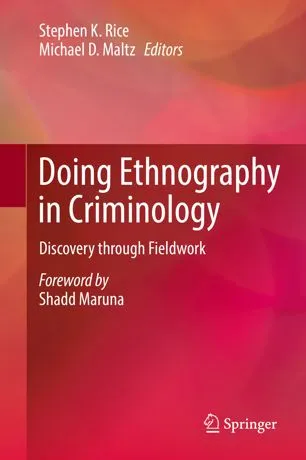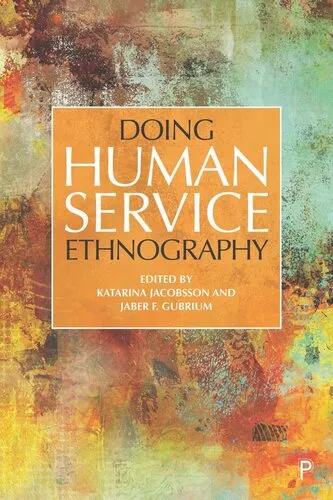Doing Critical Ethnography
4.5
Reviews from our users

You Can Ask your questions from this book's AI after Login
Each download or ask from book AI costs 2 points. To earn more free points, please visit the Points Guide Page and complete some valuable actions.Related Refrences:
"Doing Critical Ethnography" is an insightful and foundational text for scholars, researchers, and students engaging with qualitative inquiry in social sciences. Authored by Jim Thomas, this book offers a comprehensive framework for conducting ethnographic research, while emphasizing a critical approach that interrogates power dynamics, social inequalities, and societal structures. This introduction provides a glimpse into the book's essence, its significance, and the key lessons that readers can extract from its pages.
Summary of the Book
"Doing Critical Ethnography" sets itself apart by merging the rich tradition of ethnographic methodology with a strong commitment to critical analysis. Ethnography, at its core, is a research method aimed at understanding cultures, behaviors, rituals, and everyday life from the perspective of those being studied. This book, however, extends the traditional approach by embedding analysis within the context of power, inequality, and social change.
Divided into clear and logically sequenced sections, the book outlines the theoretical underpinnings of critical ethnography, explains key methodologies, and delves into practical techniques for conducting fieldwork and analyzing data. From negotiating access to communities, building trust, conducting interviews, and developing field notes, to identifying patterns in data, the text serves as both a theoretical treatise and a practical guide.
Importantly, Thomas encourages readers to view ethnographic research as not just a method of observation, but as a platform for challenging oppressive structures and catalyzing social transformation. By emphasizing reflexivity and critical engagement, the book underscores the ethical responsibility of researchers to amplify the voices of marginalized communities rather than exploit them.
Key Takeaways
- Critical lens in ethnography: The book champions an ethnographic practice embedded in the analysis of power, justice, and inequality.
- Emphasis on reflexivity: Researchers are guided to critically examine their own positionality, privilege, and potential biases in the research process.
- Steps for actionable research: Practical strategies are provided for engaging communities and conducting fieldwork that leads to real-world impact.
- Navigating ethical dilemmas: Thomas provides an essential discussion on the ethical responsibilities of critical ethnographers, especially when working with vulnerable communities.
- Theory meets practice: The book bridges theoretical concepts with their practical application, making it accessible for both academic scholars and novice researchers.
Famous Quotes from the Book
"Critical ethnography does not simply study the world; it seeks to change it."
"Reflexivity is not an end in itself but a means of ensuring that ethnographic work remains accountable to those whose lives we study."
"The act of listening, interpreting, and representing is never neutral; it is shaped by history, culture, and power."
Why This Book Matters
"Doing Critical Ethnography" is not just a manual for conducting ethnographic research; it is a call to action. It challenges the status quo of traditional ethnography, urging researchers to engage with ongoing struggles for equity and justice. In an era where global inequalities, climate crises, and cultural clashes dominate societal discourse, this book provides an invaluable lens for understanding and addressing these critical issues.
Moreover, the emphasis on reflexivity fosters an ethical and respectful engagement with communities being studied, ensuring that their voices are not overshadowed by the researcher's interpretations. This makes the book an essential resource for academics, practitioners, and anyone invested in advancing equity-driven research.
Whether you are a student, a seasoned researcher, or someone curious about how ethnography can serve as a tool for societal change, "Doing Critical Ethnography" equips you with the knowledge and inspiration needed to make a meaningful impact. The book goes beyond methodology—it instills in readers a sense of responsibility and advocacy, making it a cornerstone text in the field of critical research.
Free Direct Download
You Can Download this book after Login
Accessing books through legal platforms and public libraries not only supports the rights of authors and publishers but also contributes to the sustainability of reading culture. Before downloading, please take a moment to consider these options.
Find this book on other platforms:
WorldCat helps you find books in libraries worldwide.
See ratings, reviews, and discussions on Goodreads.
Find and buy rare or used books on AbeBooks.
1338
بازدید4.5
امتیاز0
نظر98%
رضایتReviews:
4.5
Based on 0 users review
Questions & Answers
Ask questions about this book or help others by answering
No questions yet. Be the first to ask!

